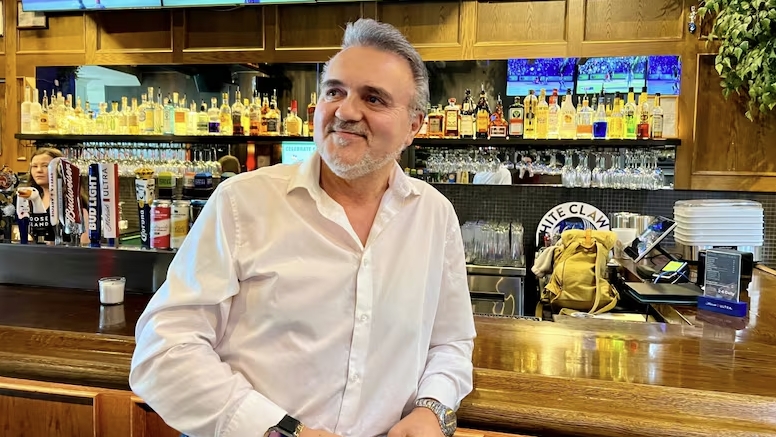Vancouver Eyes 3 A.M. Bar Closures, But Hospitality Industry Says B.C. Liquor Laws Still Too Restrictive
Sarah Desjardins
3/3/20252 min read


The City of Vancouver is considering a proposal to extend liquor service hours for downtown bars, pubs, and nightclubs until 3 a.m. every night, with restaurants across the city also eligible to apply for liquor service until 2 a.m.
For many in Vancouver’s hospitality industry, the move is a long-overdue step toward modernizing the city’s nightlife. However, industry leaders argue that B.C.’s restrictive liquor laws remain a bigger obstacle, with slow licensing approvals, outdated regulations, and hefty penalties for minor infractions still limiting business growth.
Extended Hours Could Boost Struggling Industry
The City of Vancouver is currently seeking public input until March 9 on the proposed changes, with nearly 3,000 responses already submitted, according to chief license inspector Sarah Hicks.
Jeff Guignard, executive director of B.C.'s Alliance of Beverage Licensees, says Vancouver’s liquor service hours haven’t been updated since 2004, and the change could help bars and nightclubs stay profitable.
"About half of the hospitality businesses in the province are still struggling to make ends meet. So this will go a long way to supporting them," he said.
‘Real-Life Footloose’ – Why Industry Leaders Want More Reform
While the hospitality industry welcomes the longer operating hours, many say other outdated liquor laws remain a bigger issue.
B.C. has some of the strictest liquor laws in Canada, says Bert Hick, a former B.C. Liquor Control and Licensing Branch general manager.
"In British Columbia, having a liquor licence has always been viewed as a privilege. In other provinces like Ontario and Alberta, it’s considered a right, like a driver’s licence," he explained.
Unlike Ontario and Alberta, B.C. requires businesses to choose between two types of liquor licenses:
Liquor Primary Licence (bars, nightclubs) – takes over five months to process and requires local government approval.
Food Primary Licence (restaurants) – must prioritize food service, restricts dancing and entertainment, and is faster to obtain.
To avoid long delays, many businesses apply for food primary licences—but this comes with restrictions. Last year, a Vancouver Greek restaurant was fined $10,000 for allowing customers to dance without the proper licence.
Similarly, this month, a Prince Rupert bar was fined $10,000 and suspended for 22 days for serving after hours and hosting a karaoke night without approval.
"What are we living? A real-life Footloose?" joked Konstantin Nikolaou, operating partner at Bimini’s in Vancouver.
B.C. Reviewing Liquor Licensing Rules
As B.C. faces pressure to modernize, Premier David Eby has directed the public safety minister to review liquor licensing rules and look to Ontario’s model for reforms.
The province has acknowledged the need for change, stating that it is working on a risk-based model to balance industry needs with public health and safety concerns.
While the proposed extended hours could reshape Vancouver’s nightlife, industry leaders argue that true reform requires streamlining licensing, reducing wait times, and eliminating restrictions on social activities like dancing and live music.
News
Stay updated with the latest BC news stories, subscribe to our newsletter today.
SUBSCRIBE
© 2025 Innovatory Labs Inc.. All rights reserved.
LINKS
